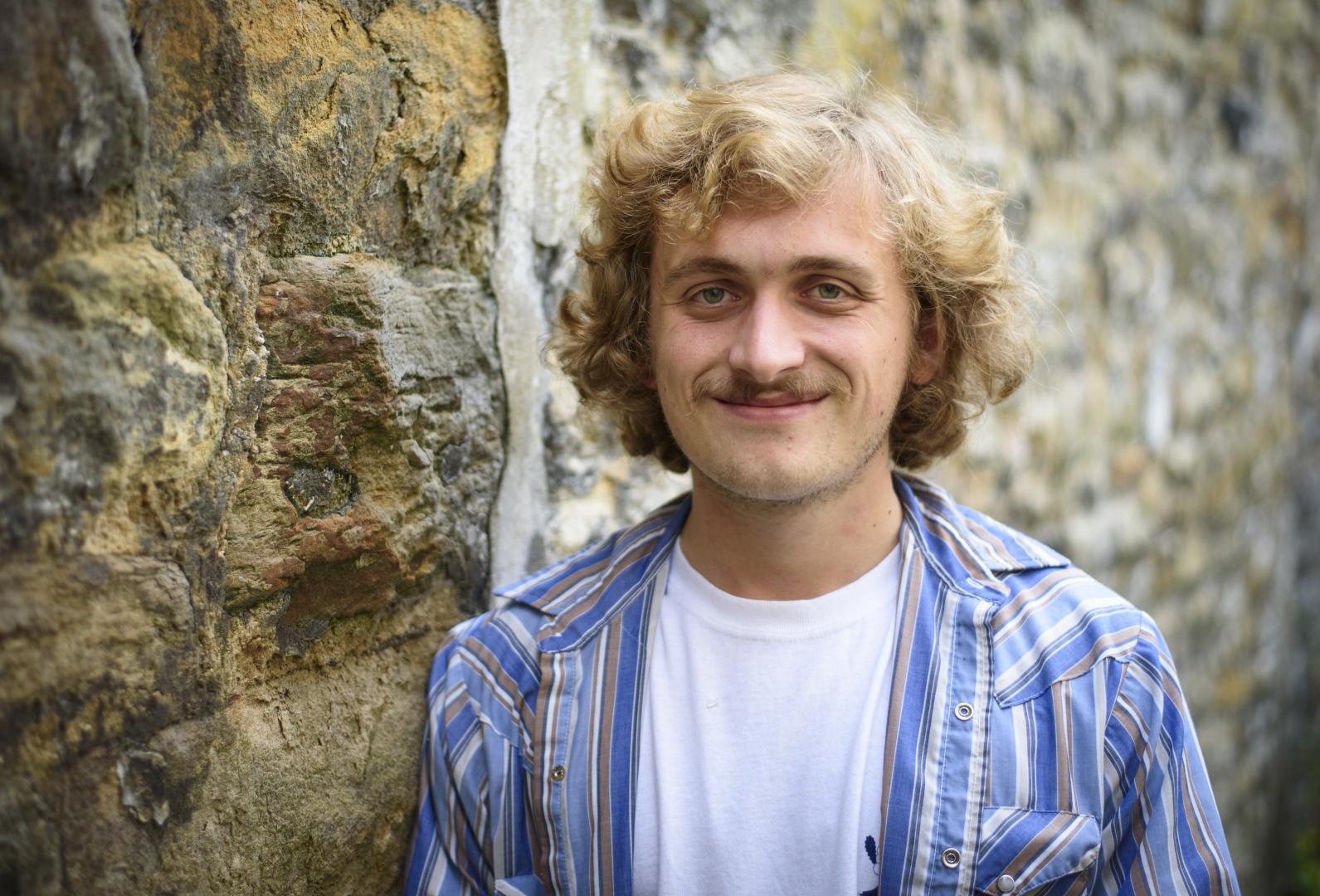AN Arabic graduate is to travel to a Middle Eastern county, where he hopes to take his language skills to the next level despite a worsening economic and political crisis.
Ben Pullan, from Barnard Castle, has just completed a masters degree in Arabic and is due to study at a language institute in Lebanon for two to three months.
The country is in the grip of a massive economic collapse and there is political unrest with fuel shortages crippling the healthcare system. But at present most of the Mediterranean country remains on the Foreign Office’s green list for travel, although British travellers are warned not to visit some areas.
Mr Pullan, who hopes us his Arabic to help him become a journalist or an interpreter with refugees, said he is “excited if a little nervous” .
He said: “It’s a beautiful country with a unique culture and the food is stunning. I’m going to immerse myself in the country.
“The language institute does have foreign students who have not had any problems with the situation. I’ve been in touch with the teachers and they have been honest. There’s a base line I’m willing to go to – if it gets below that, then it’s time to get out.”
Mr Pullan will travel to the country this week with four friends to study at the Levantine Institute, in Tripoli.
He said: “The idea is to study intensive Arabic for four or five hours a day and at the weekend to get out to see as many spots we possibly can in the current crisis,” he said.
“Westerners with US dollars can live comfortably – that’s not nice to say but it’s true – but the Lebanese currency has lost 90 per cent of its value. Hospitals are on the verge of shutting down due to domestic politics and corruption.”
He added: “Lebanon is a nation of contrasts. It was a French colony and it’s been said that it’s where east meets west. One of the reasons I wanted to explore the country was a book by Robert Fisk, called Pity the Nation. The overarching theme is the resilience of the people.”
Mr Pullan, 24, went to Barnard Castle School before taking a history degree and then a masters in Middle Eastern Studies and Arabic at The University of Edinburgh.
He explained: “My dad was with the Army and served in Iraq. My godfather is fluent in Arabic but my father was not so he was his interpreter.
“I grew up listening to family stories and hearing Arabic from my godfather, so my interest has developed from there. There are not many Arabists in the UK so it’s also a good career choice.”
ADVERTISEMENT
Arabic graduate off to crisis-hit country
ADVERTISEMENT
ADVERTISEMENT
ADVERTISEMENT







